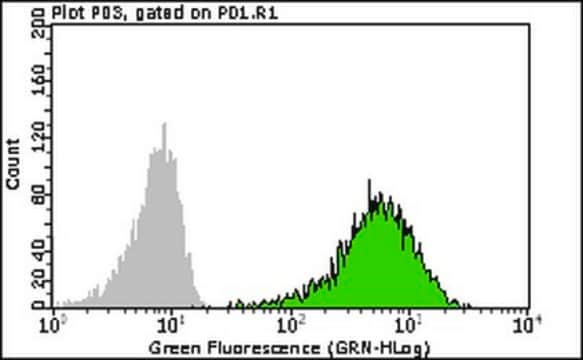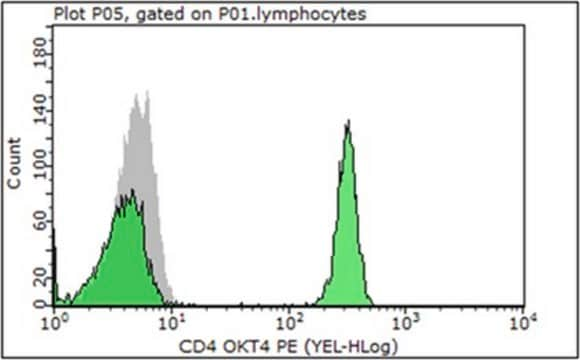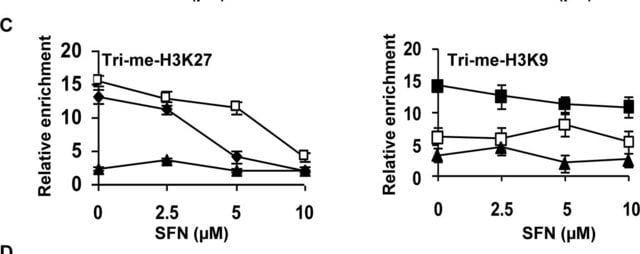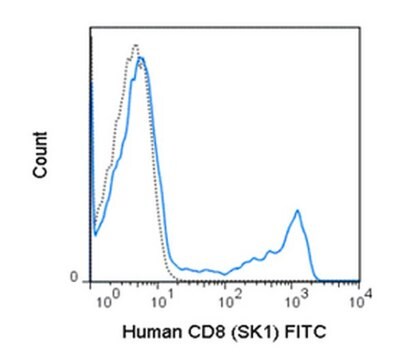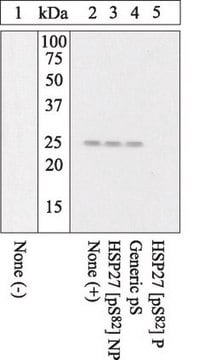FCMAB176F
Milli-Mark Anti-CD8 -FITC Antibody, clone DK25
clone DK25, Milli-Mark®, from mouse
Synonym(s):
Anti-CD8 FITC, Clone DK25 Anti-CD8
About This Item
Recommended Products
biological source
mouse
Quality Level
conjugate
FITC conjugate
antibody form
purified antibody
antibody product type
primary antibodies
clone
DK25, monoclonal
species reactivity
human
manufacturer/tradename
Milli-Mark®
technique(s)
flow cytometry: suitable
isotype
IgG1κ
NCBI accession no.
UniProt accession no.
shipped in
wet ice
target post-translational modification
unmodified
Gene Information
human ... CD8A(925)
Related Categories
General description
Specificity
Application
Inflammation & Immunology
Immunoglobulins & Immunology
Quality
Target description
Physical form
Storage and Stability
Analysis Note
Human Lympnocytes.
Other Notes
Legal Information
Disclaimer
Not finding the right product?
Try our Product Selector Tool.
Storage Class Code
12 - Non Combustible Liquids
WGK
WGK 2
Flash Point(F)
Not applicable
Flash Point(C)
Not applicable
Certificates of Analysis (COA)
Search for Certificates of Analysis (COA) by entering the products Lot/Batch Number. Lot and Batch Numbers can be found on a product’s label following the words ‘Lot’ or ‘Batch’.
Already Own This Product?
Find documentation for the products that you have recently purchased in the Document Library.
Articles
Flow cytometry dye selection tips match fluorophores to flow cytometer configurations, enhancing panel performance.
Troubleshooting guide offers solutions for common flow cytometry problems, ensuring improved analysis performance.
Protocols
Learn key steps in flow cytometry protocols to make your next flow cytometry experiment run with ease.
Explore our flow cytometry guide to uncover flow cytometry basics, traditional flow cytometer components, key flow cytometry protocol steps, and proper controls.
Our team of scientists has experience in all areas of research including Life Science, Material Science, Chemical Synthesis, Chromatography, Analytical and many others.
Contact Technical Service